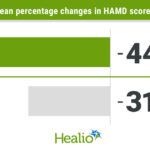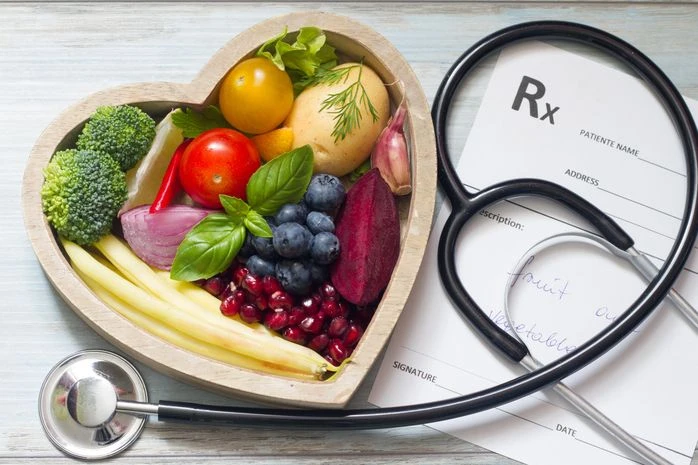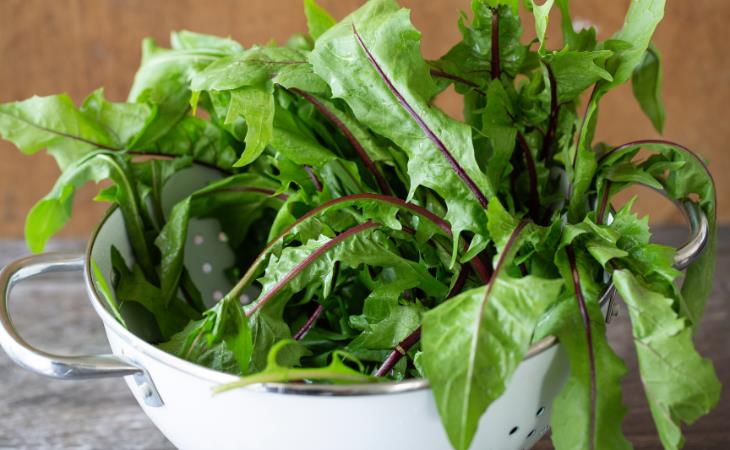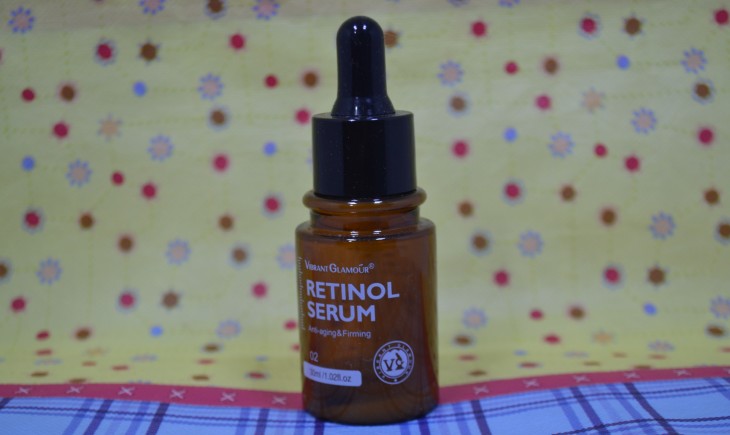
“Our heart health depends on our diet,” says Dr N Sandeep, Consultant –
Cardiology, Manipal Hospital Vijayawada. “The food choices we make
every day can boost or harm our heart health, and most of us are often
oblivious to this fact.”
It’s not just about avoiding fatty foods or salt anymore. The heart
thrives on a balanced intake of nutrients, which includes healthy fats,
fibre, antioxidants, and vitamins. What we eat directly affects
inflammation, blood pressure, cholesterol levels, and arterial health,
all of which are key contributors to cardiovascular risk, including
sudden cardiac arrest.
What foods should you eat daily to protect your heart?
According to experts, the DASH (Dietary Approaches to Stop
Hypertension) diet, which is rich in fruits, vegetables, whole grains,
and low-fat dairy, has been shown to reduce blood pressure and protect
heart function.
Dr Dibyaranjan Behera, Consultant – Interventional Cardiologist at
Manipal Hospital Bhubaneswar, recommends eating these foods every day to
keep your heart in shape:
Leafy greens like spinach and kale (rich in nitrates and Vitamin K)
Berries for their polyphenols and anti-inflammatory benefits
Nuts (especially almonds and walnuts) for healthy fats and antioxidants
Whole grains such as oats and brown rice for cholesterol-lowering fibre
Fatty fish like salmon or mackerel for heart-protecting omega-3s (vegetarian alternatives include flaxseeds and chia seeds)
These foods reduce oxidative stress, lower bad cholesterol (LDL),
improve blood pressure, and protect arteries, all critical in lowering
the risk of sudden cardiac events.
For those with pre-existing heart conditions,
Dr Behera advises a diet rich in whole, unprocessed foods and regular
monitoring with a healthcare provider to manage risks more effectively.
Which fats are heart-healthy, and which should you avoid?
The doctors recommend the following:
Avoid trans fats (found in processed snacks, baked goods, and fried
items) completely. They raise LDL (bad cholesterol) and lower HDL (good
cholesterol), doubling heart risk.
Limit saturated fats found in red meat and full-fat dairy, which also raise LDL cholesterol.
Replace with unsaturated fats from nuts, seeds, olive oil, and avocado. These improve vascular function and reduce inflammation.
“Making smart food choices for protecting heart health isn’t about restriction—it’s about balance,” adds Dr Sandeep.
Should you cut back on salt for heart health?
According to the experts, salt is problematic. “Too much salt increases
blood pressure and puts your heart under strain,” said Dr Sandeep.
Smart salt swaps include:
Using herbs and spices instead of salt for flavour
Choosing fresh or home-cooked meals over processed or packaged foods
Reading nutrition labels to spot hidden sodium
What’s the easiest way to start eating heart-smart?
The doctors emphasised that there is no need for a major overhaul to make a big impact. Small changes can go a long way:
Cook more at home
Choose fresh produce over packaged foods
Snack on a handful of nuts instead of chips
Swap your morning toast with oats and berries
Replace butter with olive oil
“Remember, heart-healthy eating isn’t about being perfect. It’s about being consistent and informed,” said Dr Sandeep.
So, what will you eat today?










